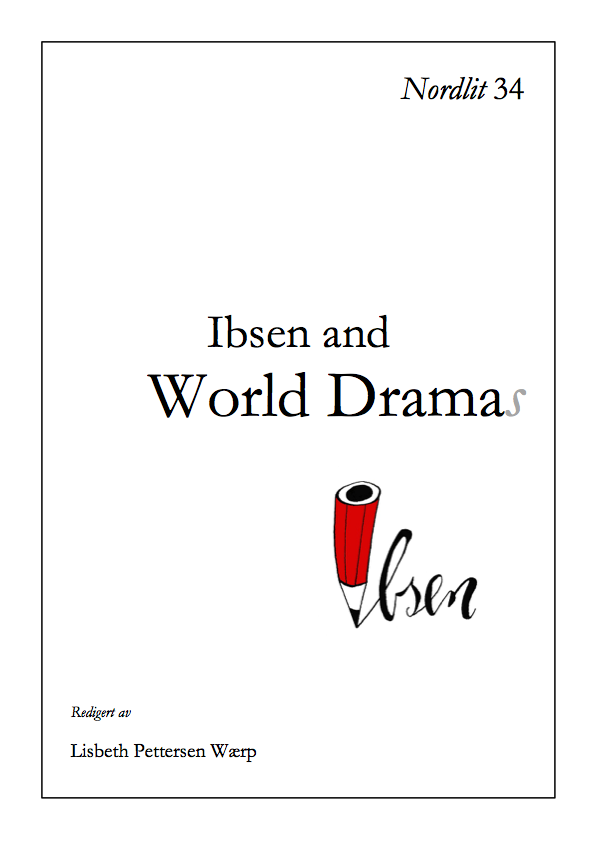Post-secular salvation: Hallvard Bræin's Gatas Gynt
DOI:
https://doi.org/10.7557/13.3382Emneord (Nøkkelord):
Peer Gynt, Gatas Gynt, film adaptation, post-secularism, identity, homelessness, Salvation Army, drug addiction, social commentarySammendrag
This article considers Hallvard Bræin’s 2008 film adaptation of Peer Gynt in light of theories of the post-secular. It argues that the film presents a post-secular interpretation of the ambiguous message of salvation at the end of Ibsen’s dramatic poem. Through a combination of analysis of the film itself and examination of its production history, the article evaluates to what degree the film expresses a specifically Christian notion of salvation, and suggests that it opens for non-dogmatic interpretations of what salvation might mean, and who exactly is in need of it in the post-secular era. An examination of the who, what, when, and where of this adaptation (Hutcheon 2006) identifies how the filmmakers use Ibsen’s original text as a vehicle for a specific social message regarding the plight of people suffering from substance abuse and homelessness in contemporary Norway.









